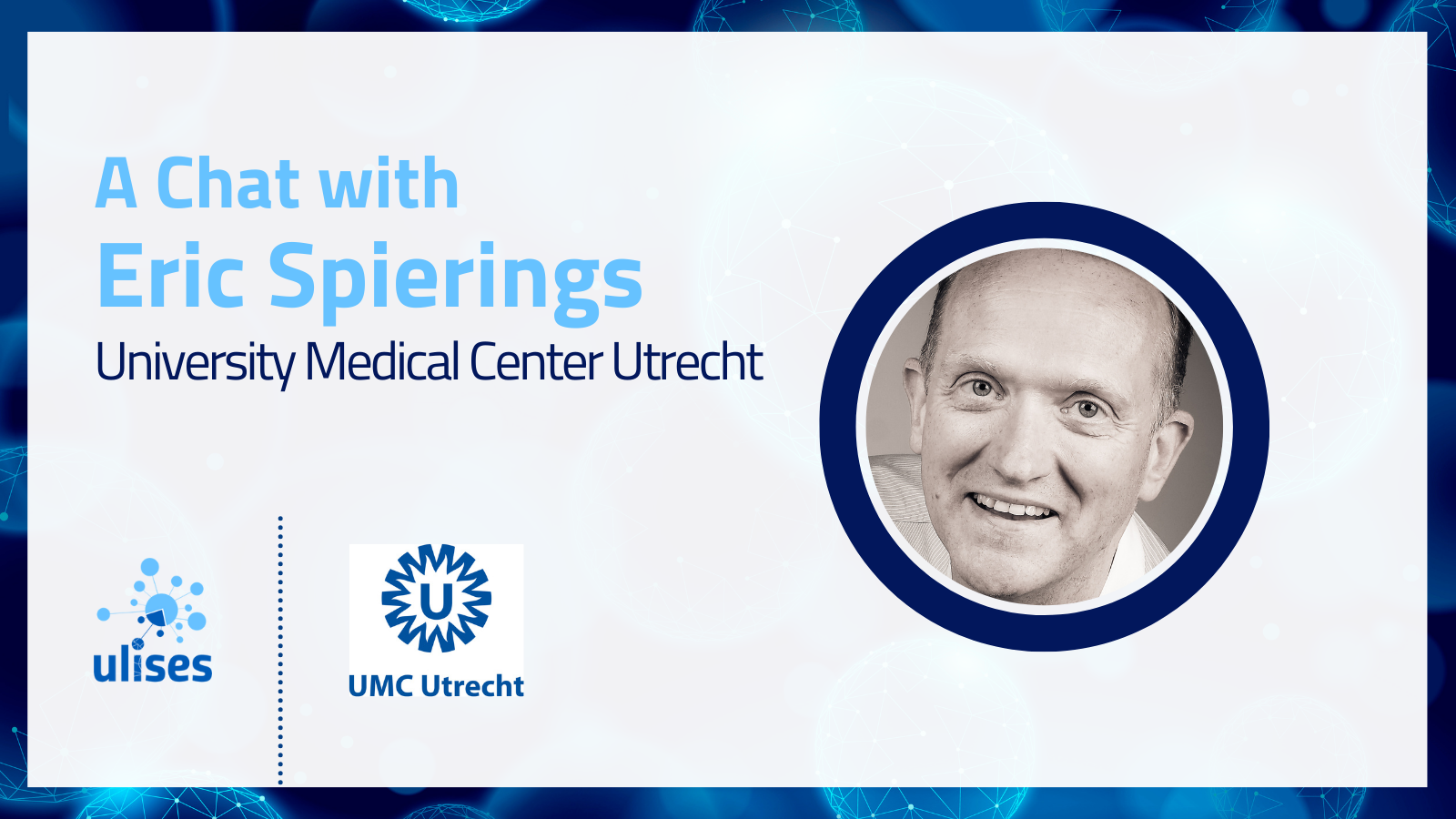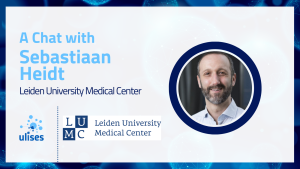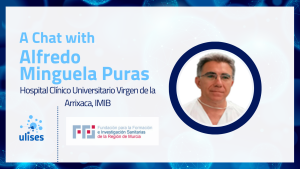Eric Spierings, Associate Professor and Medical Immunologist at the University Medical Center of Utrecht, explains to us how his team is contributing to ULISES’ goals in fighting cancer.
Hello, Eric! First, thank you very much for accepting our invitation to this interview.
First, could you explain the role of your team in ULISES?
The team of University Medical Center Utrecht takes the lead in epitope optimisation, leveraging computational approaches. Our primary objective is to harness computational methodologies to enhance the immunological disparity between therapeutic targets and the patients’ immune systems.
What type of expertise does your team bring to the project’s research objectives?
Our team offers extensive expertise in Human Leucocyte Antigen (HLA)-derived T- and B-cell epitopes and in alloimmune responses following exposure to foreign HLA molecules. We have developed a patented algorithm tailored for computing HLA-derived epitopes, seamlessly integrated into our computational pipeline to refine the selection of therapeutic targets for subsequent project phases. Our team has a robust track record in epitope matching in the realm of transplantation, with numerous research papers published on the subject.
What does your research focus on?
With regard to the ULISES project objectives, our research focuses on designing an advanced immunological strategy to target cancer cells. Our patented computational models allow us to maximise epitope mismatches between HLA subtypes introduced into cancer cells and those of the patient’s body. That combined with our aforementioned expertise in epitope mapping and immunological compatibility could inform the selection of optimal HLA subtypes for this strategy, enhancing its efficacy and applicability in various ethnic populations.
What is the most innovative aspect of your work?
The most innovative aspect of our work lies in our integration of cutting-edge computational methodologies with immunological research, enabling precise targeting of cancer cells for immune response. By merging computational approaches with immunotherapy, we aim to revolutionise cancer treatment strategies.




